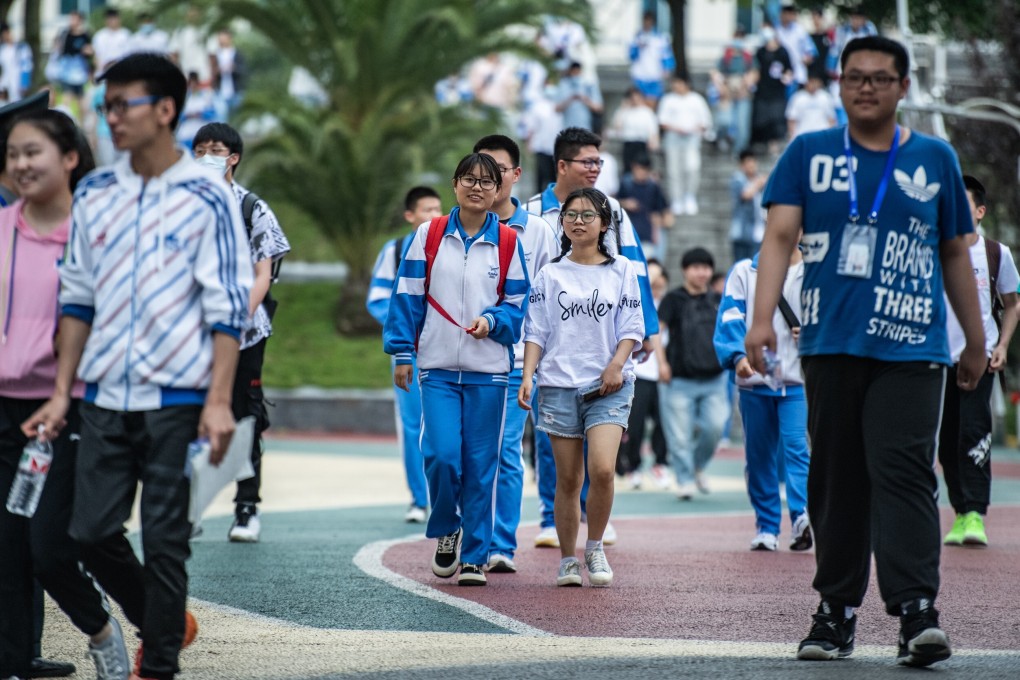Opinion | China is logically cracking down on its private tutoring sector, but why is Beijing taming it now?
- China’s Ministry of Education has created a department to oversee the country’s booming off-campus tutoring market
- It will bring regulatory oversight to private teachers and curriculums, but it spells trouble for an industry that has proven attractive to venture capital

An infamous slogan from a private education institution in China targeting toddlers states, “you can train your kid with us here, or we train his competitors”.
It is lines like this that convince parents to throw money at extra classes to improve exam performance or to add skills from painting to programming languages like Python onto the résumés of their children.
It is against this backdrop that demand for additional classes and private tutoring for primary and secondary school students has ballooned in China in the last decade, luring more money into the industry to feast on the anxiety of Chinese parents.

03:15
Gaokao: China's college entrance exam made even more stressful by Covid-19 outbreak
Business and profit models will need to be renewed completely as private tutoring will become heavily regulated, with strings attached from the hiring of teachers to the venues used for the classes.
